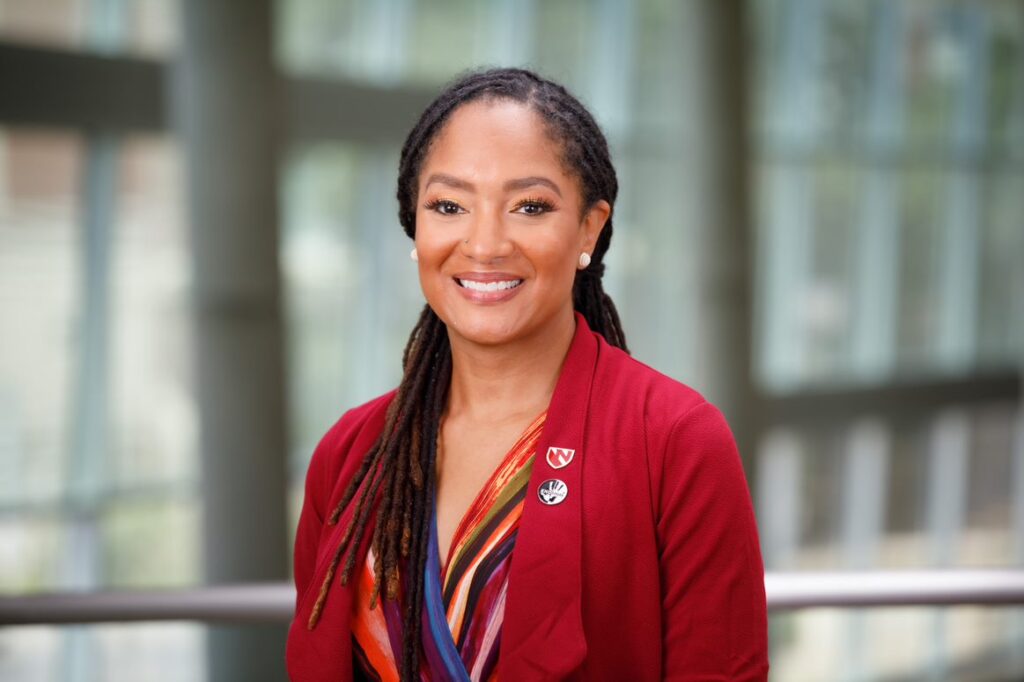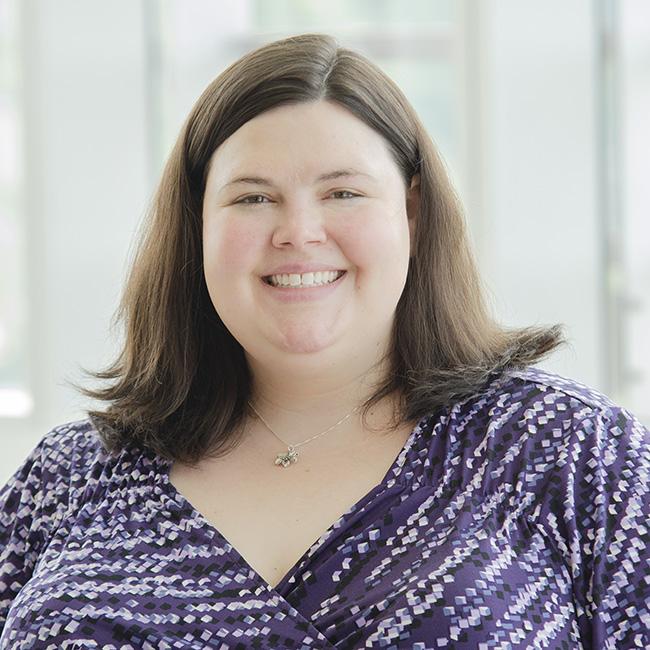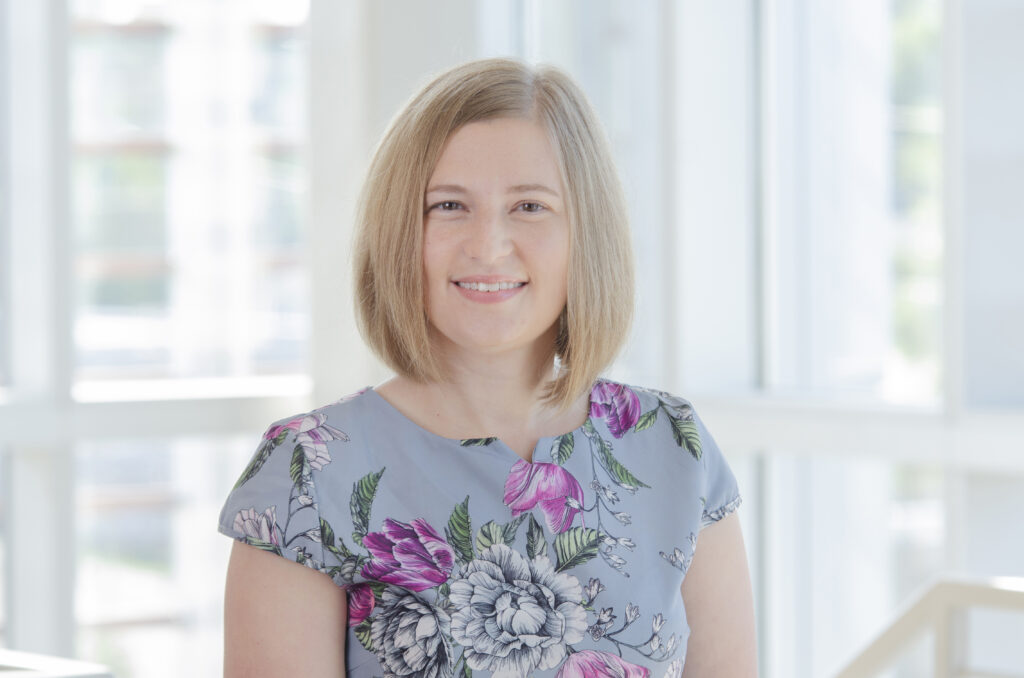This September we celebrate Women in Medicine.
The American Medical Association (AMA) created Women in Medicine Month to honor physicians who have offered their time, wisdom, and support to advance women with careers in medicine.
As part of the celebration, the Department of Psychiatry invited Priscila Rodrigues Armijo, MD, to speak on September 6, 2023. Dr. Armijo discussed ‘New Concepts & Best Practices in Mentorship & Sponsorship.’
Dr. Armijo serves in several national and local leadership roles, including being the founder of WE STRIVE, an association aimed to create a culture to support career advancement for women.

Sheritta Strong, MD, MBA, DFAPA, Assistant Vice-Chancellor of Inclusion and Director of Diversity, Equity, & Inclusion, Department of Psychiatry, said this September’s American Medical Women’s Association (AMWA) campaign is a call to action to ‘sponsor’ women in medicine.
“This a great time to center discussions around sponsoring and supporting women,” Dr. Strong said. “There are many statistics that indicate how women, especially women of color, lag behind men in pay and leadership roles. While progress has been made in some ways, we must continue to strategize on how to effectively bolster women’s careers in a manner that avoids tokenism beyond one month of the year. The culture and the manner in which we support women will show through the women who we able to retain.”
Dr. Howard Liu, MD, MBA, Chair of the Department of Psychiatry, said one way to create a culture to support advancement for female physicians is to invest in their success.

“This year, we’re investing in a departmental sponsorship program for all of our assistant professors, 70 percent of whom are women, to support their connection to external leaders who are at a senior level,” Dr. Liu said.
This summer, Lauren Edwards, MD; Melissa O’Dell, MD; and Riley Machal, MD, graduated from the Department of Faculty Development’s Interprofessional Leadership for Excellence and Academic Development (iLEAD) certificate program. The iLEAD program provides faculty members with the tools to become agile, creative, and confident leaders with clear paths to unlocking their career potential.
“This is an investment in their career growth,” Liu said. “We have a long journey towards gender equity in healthcare, and every male leader must be intentional about allyship and sponsoring a diverse pipeline of leaders.”
Dr Machal said iLEAD was a remarkable experience.
“I was able to discover my leadership strengths and develop them to achieve mastery,” Dr. Machal said. “The experience gave me the opportunity to improve communication skills, solve problems more effectively, and refine my technique for giving constructive feedback. I received mentorship, coaching, and personal support from my iLEAD colleagues, and I know that I will be able to cherish the relationships developed in iLEAD for a lifetime.”
Dr. O’Dell said the training program was a fantastic opportunity to look inward at oneself while at the same time making new connections throughout the medical center.

“It helped me develop a much clearer sense of my strengths and weaknesses as a leader. The iLEAD program guided me in building habits to improve areas I need to work on, capitalize on my strengths, and bring out the best in the wonderful people I get to work with,” Dr. O’Dell said.
David Cates, PhD, Vice Chair for Clinical Services in the Psychiatry Department, said sponsorship and mentorship of female physicians remains a department priority.
“Gender inequity in medicine and related healthcare fields affects our entire health system,” Dr. Cates said. “As allies, sponsors, and collaborators, men in leadership have an opportunity and an obligation to promote gender equity in a variety of ways, including ensuring pay equity, supporting flexible scheduling, calling out any harassment, discrimination or exploitation, and working to promote greater representation of women in department leadership roles.”
Marley Doyle, MD, leads the Behavioral Health Educational Centers of Nebraska (BHECN), which recruits behavioral healthcare providers in Nebraska. Dr. Doyle said an increase in mentorship of female physicians should help improve the likelihood that women will consider medicine as a career.
“Having male allies is an integral ingredient in career development for women in medicine,” Dr. Doyle said. “Since men still hold most leadership positions, it is imperative for leaders to look beyond their gender when considering succession planning and promoting equity within their area.”